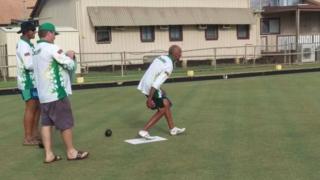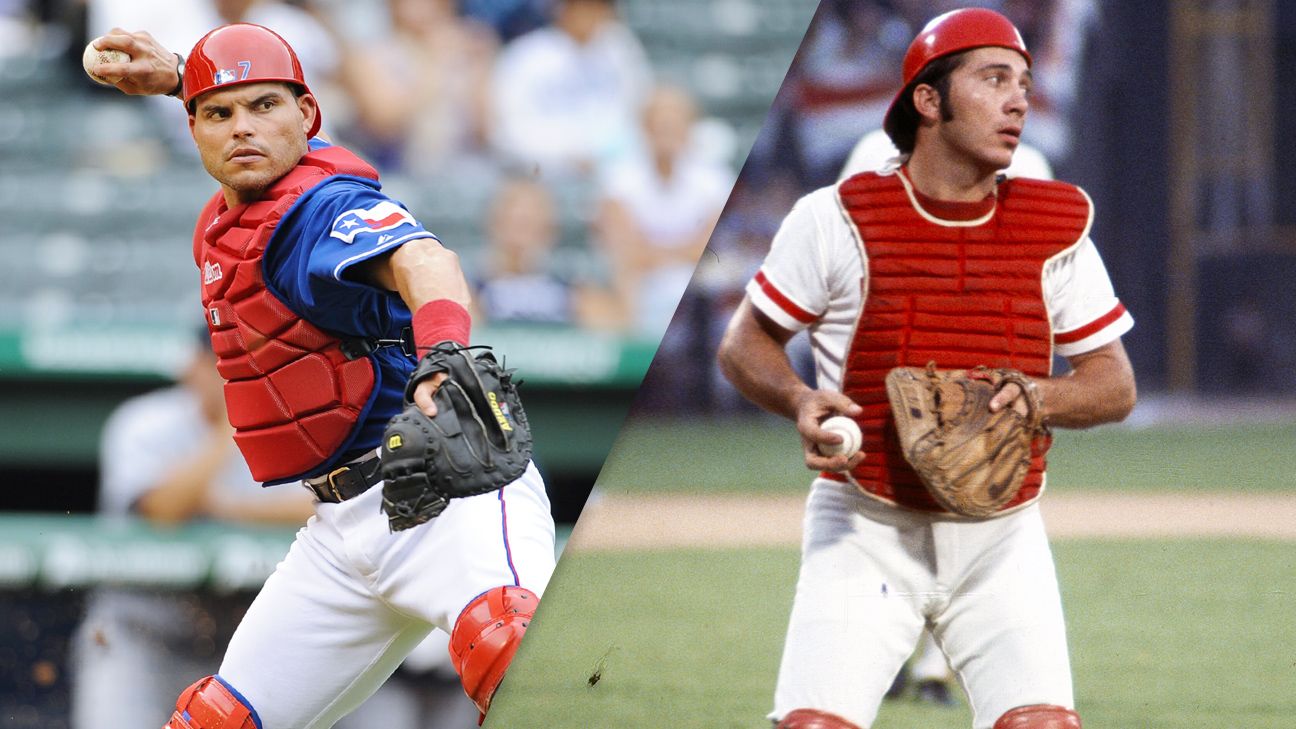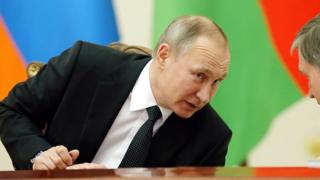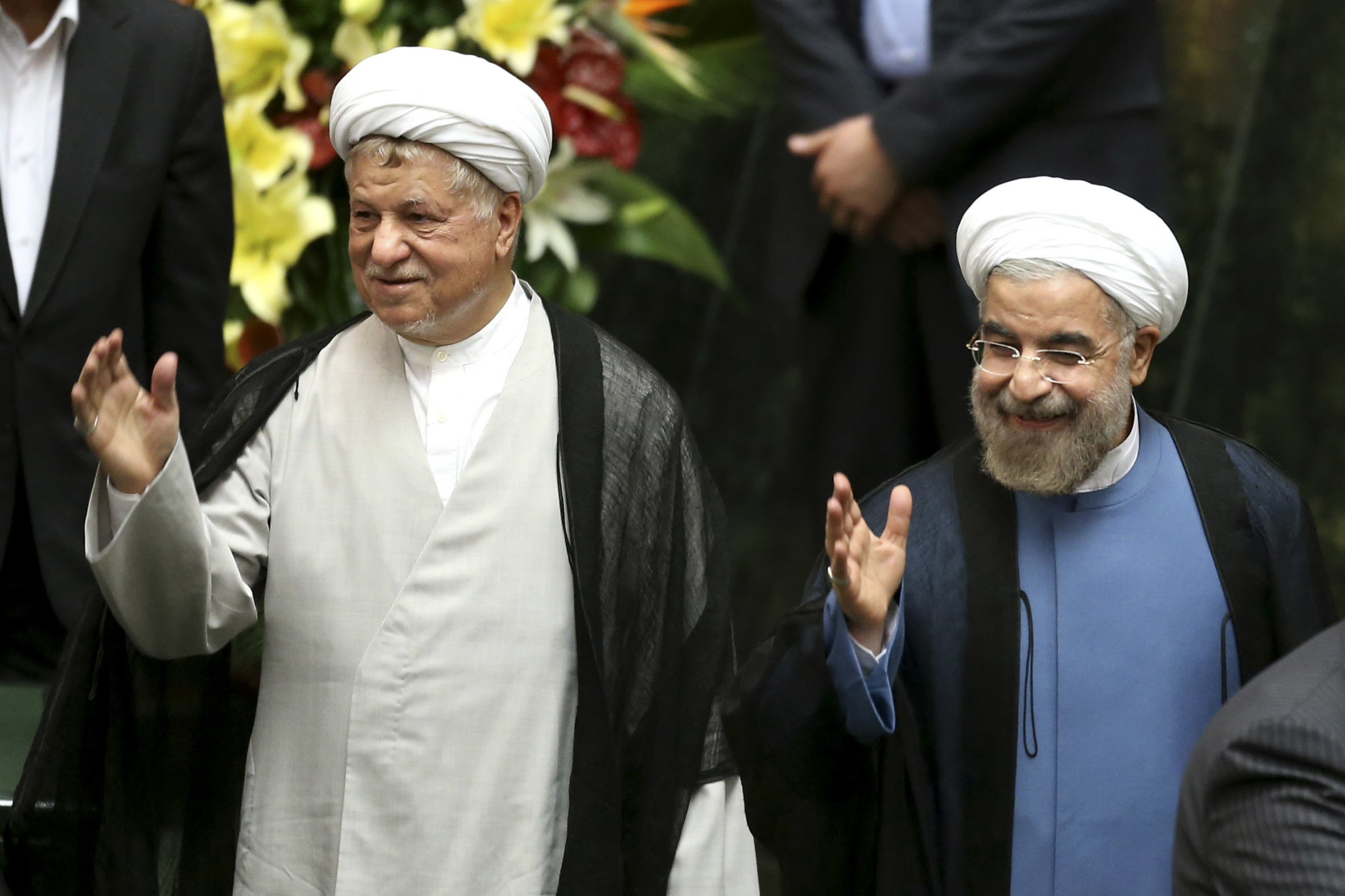 There are few things on this planet which never disappoint. The World Darts Championship is one of them. Every year on the year, it bestows an unstoppable fortnight of dramatic brilliance, amplified by a bloody lot of bloody fun. There is nothing like it.
There are few things on this planet which never disappoint. The World Darts Championship is one of them. Every year on the year, it bestows an unstoppable fortnight of dramatic brilliance, amplified by a bloody lot of bloody fun. There is nothing like it.
The game itself is simple, repetitive, comforting and compelling; sending a dart from hand to board is a rhythmic, hypnotic, idiosyncratic treat – the bass beat on contact complemented by the intellectual thrill of calculating scores and predicting outshots (the finishing sequences). Because it is immediately obvious what is going on, it is immediately absorbing, and because so many of us know how easy it is to play but how impossible it is to play well, we have a handy frame of reference to swiftly make it about ourselves.
Nor does it stop there. Darts is about far more than chucking a pointy thing at a flat thing; it tells a story of humanity that is animated and crystallised in close-up and high-definition. No other sport shows, simultaneously, action and reaction; on stage and on camera, there is nowhere to hide.
Brooking neither luck nor tactics, darts facilitates neither refereeing errors nor stalemates; excuses do not exist. Players can do nothing to affect one another. If things are going badly, no teammate will be along to save them, and there is no option to roll into the reds, deadbat a few or cover up on the ropes. Their only option is to throw better.
As such, there is no more exacting test of pressure, no examination of vertebrae more thorough. Under lights, on camera and in front of a crowd, perform a fine motor skill predicated on a steady hand and an empty mind – good luck with that.
“But is it a sport?” ask the kind of funsters who, in other scenarios, prattle on about the differences between indica, sativa, serotonin and empathogens. The correct answer, of course, is: “Who gives a shit?”
One of the most beautiful things about sport is that it allows us to share the most exhilarating, demoralising moments of people’s lives, entwining them with our own and supplying an intensity otherwise lacking – and darts takes that to another level. We see every expression of tension, fear, devastation and ecstasy – you might call it love – so feel that we know the players, and accordingly, can imagine that they know us too.
Because of that, darts offers a study in humanity to captivate not just those who like darts but those who like anything – its themes the same as those found in literature, theatre, cinema and art. Or, put another way, enjoying it is not a matter of taste; rather, there are those who do and those yet to discover that they do.
And, at the moment, darts is the best sport in the world. This is partly because others are regenerating; there are very few great teams and great individuals currently at their peaks. Darts, on the other hand, has never been played better. Michael van Gerwen won 25 tournaments last year, and 18 tournaments in 2015. He also set a new record for the highest three-dart average ever recorded on television, 123.40 .
Van Gerwen is not just the best dart player in the world but the best anything in the world; one of the best anythings in the history of everything. And he is only 27.
But, as with any great sportsperson, to assess van Gerwen by his numbers is to miss the point entirely. A wondrous bolus of uncut genius, his competitive charisma is startling – a mix of passion, intimidation, egomania, and the most distinctive phizog of all-time. He throws darts like flaming javelins, celebrates like a psychopath, and because it is impossible not to know how good he is, he makes no attempt not to know how good he is. He is perfect.
But he has won only one World Championship, in 2014 – the two since then taken by Gary Anderson, his good friend and polar opposite. A laidback, likeable Scot, Anderson is prone to miscounting and, until very recently, to mis-seeing. Only recently did he start wearing the glasses that he’s needed for years. Early in his career, Anderson was the man who faltered at crucial moments, but after working through family tragedy and adding another son to the two he already had, he convinced himself that it wasn’t important whether he won or lost and suddenly became the man who peaks at the right time.
The World Championship format is to his advantage. Generally, matches take place over legs, a succession of races from 501 to zero. But here, each forms part of a set, offering a margin of error to the inconsistent and absent-minded – playing legs against someone as relentless as van Gerwen is almost impossible.
And tonight, the pair meets in the dream final. Anderson, almost disquietingly relaxed, has sailed through his half of the draw, while van Gerwen recorded the competition’s highest ever average in last night’s win over Raymond van Barneveld. It is not unreasonable to anticipate as gripping a contest as has ever been played.
Yet Anderson and van Gerwen are simply part of a sprawling ensemble cast, the limelight shared not just with their opponents but the crowd. The simple genius of an affordable piss-up stretching the length of the piss-up season has created an experience unlike any other, part fancy dress party, part community singalong.
Nauseatingly cringeworthy though that sounds, the ethos of abandon cool all ye who enter here makes an enveloping, uplifting change from the self-conscious self-regard that compromises most other places of enjoyment. The atmosphere is partisan, but in support of everything; the feeling is tribal, but as one. At the start of 2017, we have never needed darts more.
Daniel Harris is a writer, and co-directed House of Flying Arrows, a documentary about darts, for Universal Pictures. Watch the trailer , and buy the film here. Harris tweets @DanielHarris.
Behind almost every other divide outlined in these pages lies a deeper one: the growing gulf between young and old. Britain’s over-65s are less likely to be graduates than the younger generations, more likely to be homeowners, more likely to be white and more likely to believe immigration is out of control. All that affects how they vote; and, boy, do they vote: 78 per cent turned out in the 2015 general election, against 66 per cent across the population. Ninety per cent of them cast a ballot in the June 2016 referendum, where they were twice as likely as the under-25s to have voted to leave the European Union.
The present generation of pensioners is swelled by the ranks of the baby boomers, those born in the two decades after the Second World War. Not unreasonably, they feel that they were promised a comfortable retirement if they worked hard. The problem is that their lives have been much better than anyone foresaw: they have higher life expectancy and greater wealth than any generation before them. That throws out the cold, actuarial decisions that govern pension schemes and social-care funding.
The generations before the boomers didn’t have it so good. At the start of the 1990s the pensioner poverty rate was 38 per cent, compared to the child poverty rate of 31 per cent, according to the Joseph Rowntree Foundation. But New Labour’s quietest achievement was a steep fall in the number of older people living in low-income households. By 2013-14, 14 per cent of them did so, and today pensioners are less likely to live in poverty than any other group. It doesn’t make sense to talk about “pensioner poverty” in the way we once did. Indeed, when, after taking over as Prime Minister, Theresa May spoke of the divides in Britain, she name-checked the gap between a “more prosperous older generation and a struggling younger generation”. But will she do anything about it in 2017? It’s unlikely. The voting power of pensioners has long had a distorting effect on British politics.
And so there are sweeteners, large and small: free TV licences for the over-75s (which cost £650m a year), for instance. Can’t pay the bedroom tax? Reach state pension age, and you become exempt.
The costs to the Exchequer can be significant. The winter fuel allowance costs £2bn and is available without means-testing, even to the 106,000 British expat pensioners eating tapas in sunny Spain. In 2013, Iain Duncan Smith said: “I would encourage everybody who reads the Telegraph and doesn’t need it to hand it back.” In 2015, out of 12 million recipients, just 29 did.
The crowning jewel of intergenerational unfairness, however, must be the “triple lock” on state pensions. These rise in line with average earnings, the consumer price index, or 2.5 per cent – whichever is highest – leading to an increase of £1,100 a year since 2010. By comparison, George Osborne announced a two-year freeze on public-sector pay that same year. In effect, once inflation is taken into account, there have been pay cuts for millions of public-sector workers, and a similar squeeze in the private sector.
This has led to stirrings of conscience over intergenerational fairness. In November, the Commons work and pensions select committee recommended that the triple lock be ditched and replaced with a simple peg to average earnings. “Fairness now means that the pendulum swings back in favour of working families, so they do not continue to have cuts – real cuts – in living standards, while we further advance the interests of pensioners,” said Labour’s Frank Field. The Department for Work and Pensions immediately reaffirmed its commitment to the lock until 2020. John McDonnell, the shadow chancellor, went further, pledging to continue it until 2025.
It is hard to talk about generational divides, because the debate gets stuck around phrases such as “I’ve paid in all my life”. But it is increasingly clear that even those from younger generations who “do everything right” will still face a challenging future. In July, a Resolution Foundation study reported that millennials aged between 15 and 35 could be the first generation to earn less than their parents over their lifetime. Fewer workers will be expected to support a growing number of the retired: by 2050, there will be 2.9 of the former to every one of the latter, and a quarter of the UK population will be over 65. Currently, younger people are content – or at least, not rioting – to pay taxes to support public-sector pensions that are far more generous than anything they themselves can expect to receive. (Private final-salary schemes that are open to new entrants are now vanishing. Less than 10 per cent of private-sector employees are in a final-salary pension scheme.)
The optimistic answer to all this is that parents and grandparents want the best for their families and will therefore be happy to make sacrifices for younger people. Unfortunately, the Brexit vote has put paid to that theory: the older generations did not give up their Leave tendencies just because their children wanted to remain. This debate is mixed up with a deeper cultural anger that is hard to analyse but easy to spot. It’s about who “deserves” help; who is entitled to government assistance; and, if it’s a zero-sum game, at whose expense. Look what happened in 2011 when the Intergenerational Foundation mildly suggested that empty-nesters should downsize, freeing up large houses for young families. You’d have thought it had suggested compulsory euthanasia at 60. “The elderly are perfectly entitled to hoard their housing,” roared the Telegraph. At the other end of the political spectrum, Spiked magazine declared in 2015: “Granny-bashing has become twentysomething politicos’ default setting.”
It is an overwrought response, particularly when so many older people have benefited from soaring house prices since the 1970s. “This concentration of wealth in one lucky generation, and more specifically among the better-off part of that lucky generation, will have profound consequences for generations to come,” wrote Paul Johnson of the Institute for Fiscal Studies. “The wealth won’t disappear, it will be passed on to their children and grandchildren. Increasingly people’s economic well-being, especially in retirement, will be determined. . by the wealth of their parents.” Johnson was asking a question the rest of us should also face: is it time to break our promises to pensioners?
© Source: http://www.newstatesman.com/politics/sport/2017/01/why-you-should-watch-world-darts-championship-final-even-if-you-don-t-darts
All rights are reserved and belongs to a source media.
 A man in Australia has attempted to set a world record by playing lawn bowls continuously for three days.
A man in Australia has attempted to set a world record by playing lawn bowls continuously for three days. 

 (CNN) But for another stroke of Lionel Messi magic, it could have been an even worse start to 2017 for Barcelona.
(CNN) But for another stroke of Lionel Messi magic, it could have been an even worse start to 2017 for Barcelona. 
 “I don’t want to embarrass any other catcher by comparing him to Johnny Bench.” — Sparky Anderson
“I don’t want to embarrass any other catcher by comparing him to Johnny Bench.” — Sparky Anderson 
 There are few things on this planet which never disappoint. The World Darts Championship is one of them. Every year on the year, it bestows an unstoppable fortnight of dramatic brilliance, amplified by a bloody lot of bloody fun. There is nothing like it.
There are few things on this planet which never disappoint. The World Darts Championship is one of them. Every year on the year, it bestows an unstoppable fortnight of dramatic brilliance, amplified by a bloody lot of bloody fun. There is nothing like it. 
 China has reiterated its opposition to any contact between US officials and Taiwan’s government following a meeting between top politicians and the self-governing island’s president, Tsai Ing-wen.
China has reiterated its opposition to any contact between US officials and Taiwan’s government following a meeting between top politicians and the self-governing island’s president, Tsai Ing-wen.
 Russia says US allegations that it ran a hacking campaign to influence the American presidential elections are « reminiscent of a witch-hunt ».
Russia says US allegations that it ran a hacking campaign to influence the American presidential elections are « reminiscent of a witch-hunt ». 
 Here’s a look at the most memorable moments from the 2017 Golden Globes, including Meryl Streep’s acceptance speech, Jimmy Fallon’s lackluster hosting, funny presenters and awkward flubs.
Here’s a look at the most memorable moments from the 2017 Golden Globes, including Meryl Streep’s acceptance speech, Jimmy Fallon’s lackluster hosting, funny presenters and awkward flubs. 
 Donald Trump and his Cabinet picks are preparing to face public questioning over their business conflicts, their approach to Russia and other issues during a critical week of confirmation hearings and the president-elect’s first news conference in nearly six months.
Donald Trump and his Cabinet picks are preparing to face public questioning over their business conflicts, their approach to Russia and other issues during a critical week of confirmation hearings and the president-elect’s first news conference in nearly six months. 
 Actress Meryl Streep earned a lifetime achievement award at the Golden Globes Sunday and in accepting, turned the spotlight away from herself.
Actress Meryl Streep earned a lifetime achievement award at the Golden Globes Sunday and in accepting, turned the spotlight away from herself. 
 TEHRAN, Iran (AP) — Mourners are paying respect to former Iranian President Akbar Hashemi Rafsanjani as Iran observes three days of mourning following his death.
TEHRAN, Iran (AP) — Mourners are paying respect to former Iranian President Akbar Hashemi Rafsanjani as Iran observes three days of mourning following his death. 

